Status: Open to recruitment
Background
Inherited neurodegenerative disorders affect ~1 in 2000 of the UK population. Unfortunately, there is currently no cure for many of these disorders, and these diseases often cause progressive disability and premature death. For many patients, it is not possible to make a precise diagnosis at a genetic level. A genetic diagnosis is extremely important because it allows doctors to provide accurate genetic counselling to patients and their families and opens up opportunities to develop new treatments.
Objectives
By collecting clinical samples and data in a large group of patients, we aim to identify the genetic causes for these diseases and reveal novel disease mechanisms that will potentially lead to the development of new treatments.
Research aims:
- To provide patients with an explanation for their neurodegenerative disorder.
- To enable reliable genetic counselling and prenatal diagnosis.
- To identify clinical biomarkers that could be used to monitor disease progression.
Who can take part?
- Individuals with a suspected or confirmed genetic neurological disorder (>5 years and older).
- Relatives (parents/siblings) of individuals with a suspected or confirmed genetic neurological disorder (>12 years old).
- Healthy volunteers (>16 years old).
What is involved?
We will ask participants to donate a blood sample. We will also ask for their permission to collect clinical information using medical records and to analyse any surplus tissue samples collected from past/future procedures as part of their routine care (e.g. surgery). We may invite participants to take part in future (optional) research studies that they are eligible for.
Genotype and Phenotype (G&P) Optional Sub-studies
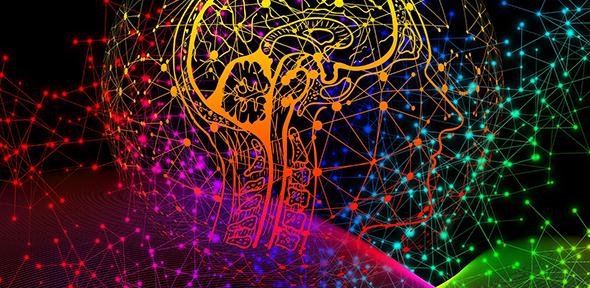
Sleep and Pain Sub-study
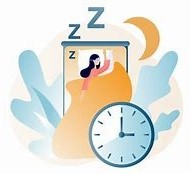
Objectives
Pain and sleeping difficulties are known to have an impact on quality of life, but it is not known how often these occur in patients with mitochondrial disease and other neurodegenerative disorders, and to what extent.
Research aims:
- To compare information about sleep habits from people who have mitochondrial/neurodegenerative disease to people who do not.
- To investigate how common pain is among people with neurodegenerative conditions, how this affects quality of life and whether we provide adequate treatment for pain.
Who can take part?
- Individuals diagnosed with mitochondrial disease or a genetic neurological disorder (>12 years old).
- Healthy volunteers (>16 years old)
What is involved?
Over a period of 7 days, we will ask participants several questions related to sleep and general well-being. Participants will be required to complete a sleep diary and wear an actiwatch to measure their normal sleep-wake routine in their home environment. We will also ask participants questions about the level and type of pain that they experience.

MRI Sub-study
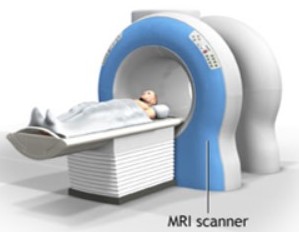
Objectives
We are keen to find out as much as we can about neurodegenerative disorders, by collecting MRI scan images of the brain, vision pathways and muscles, to determine their structure and how they function.
Who can take part?
- Individuals diagnosed with a genetic neurological disorder (>12 years old).
- Healthy volunteers (>16 years old).
What is involved?
Participants will be asked to undergo an MRI scan. MRI scans allow us to take detailed pictures and are routinely used in clinical practice.
Publications
With thanks to all participants taking part, the MRI findings have been published. Please click here to find further information.
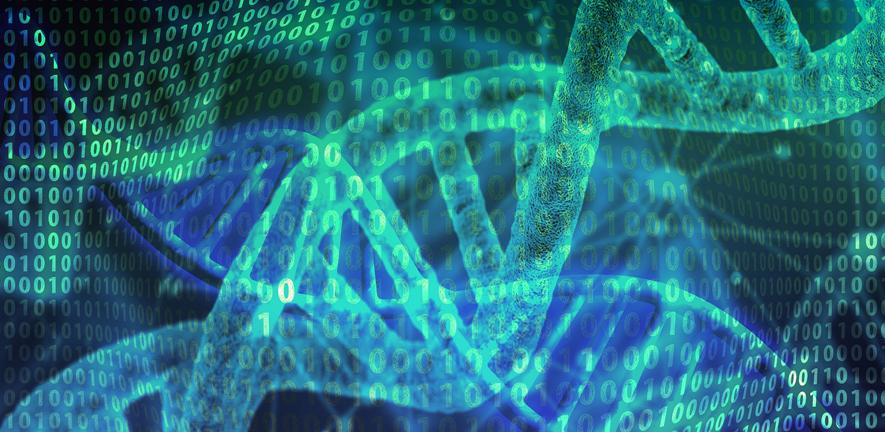
Hearing and Vision Sub-study

Objectives
Hearing and vision are frequently affected by neurodegenerative disorders, sometimes as the sole feature of the condition, as in Leber hereditary optic neuropathy (LHON), or as part of a condition affecting different parts of the body.
The purpose of this study is to find out how neurodegenerative disorders affect hearing and vision.
Who can take part?
- Individuals diagnosed with a genetic neurological disorder (>12 years old).
- Healthy volunteers (>16 years old).
What is involved?
We will ask participants to complete hearing and eye tests that measure their hearing and visual function. Eye tests will be performed in our Clinical Vision Laboratory [insert hyperlink to Clinical Vision Laboratory page], and they will include standard tests of visual function and also special photographs of the back of the eyes. We will use these tests to collect data relating to their condition to understand how neurodegenerative conditions can affect the ears, the eyes, and the pathways that link the ears and eyes to the brain.
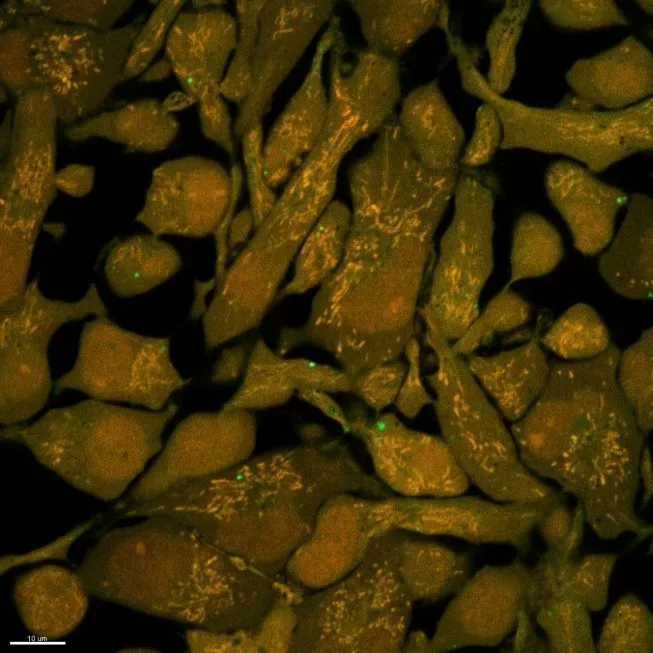
Weight loss & appetite sub-study
Objectives
Some patients with ‘neurodegenerative disorders’ tend to have low body weight and the reasons for this are not clear. In order to understand the mechanisms of these diseases, the research team would like to collect information about patients’ appetite/interest in food and their food intake, and correlate this with information from blood samples.

Who can take part?
• Individuals diagnosed with a genetic neurological disorder (>12 years old).
• Relatives (parents/siblings) of individuals diagnosed with a genetic neurological disorder (>16 years old).
• Healthy volunteers (>16 years old).
What is involved?
We will ask participants to complete a number of online questionnaires that will ask questions related to general mood (e.g. anxiety, depression, satisfaction with life), body image, appetite, diet and interest in food, and food intake.
Each questionnaire takes 2-5 minutes to complete, with all of the questions taking no longer than 40 minutes in total. The questionnaires can be completed online, either at home, or when attending a clinic appointment (on a tablet provided by the research team).
Participants will be asked to complete the online questionnaires every 3-6 months. We will also measure participant’s height and weight, either at clinic appointments or as a self-reported measure.
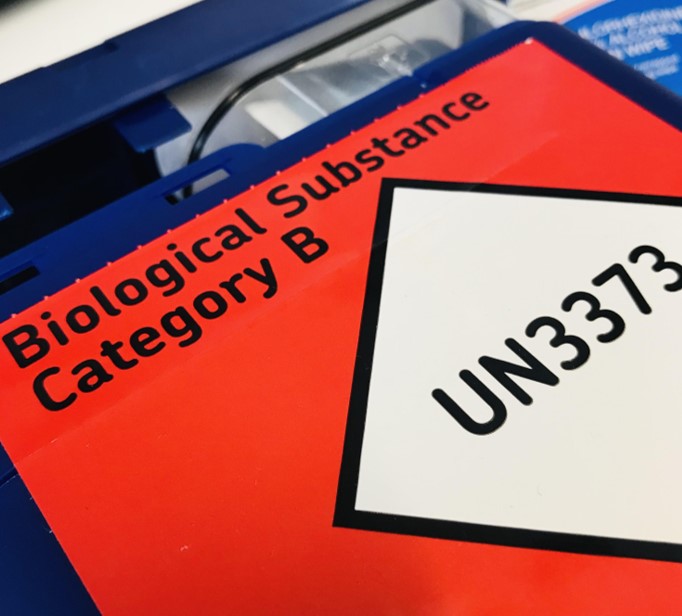
Tissue Sample Sub-study

Objectives
We hope to develop new treatments and find out as much as we can about the genetics of neurodegenerative disorders, by collecting various types of samples from different patients and their family members.
Who can take part?
- Individuals diagnosed with a genetic neurological disorder (>5 years old).
- Relatives (parents/siblings) of individuals diagnosed with a genetic neurological disorder (>16 years old).
- Healthy volunteers (>16 years old).
What is involved?
Participants will be asked to donate one or more of the following samples:
- Saliva sample
- Urine sample
- Hair sample
- Skin biopsy
- Muscle biopsy